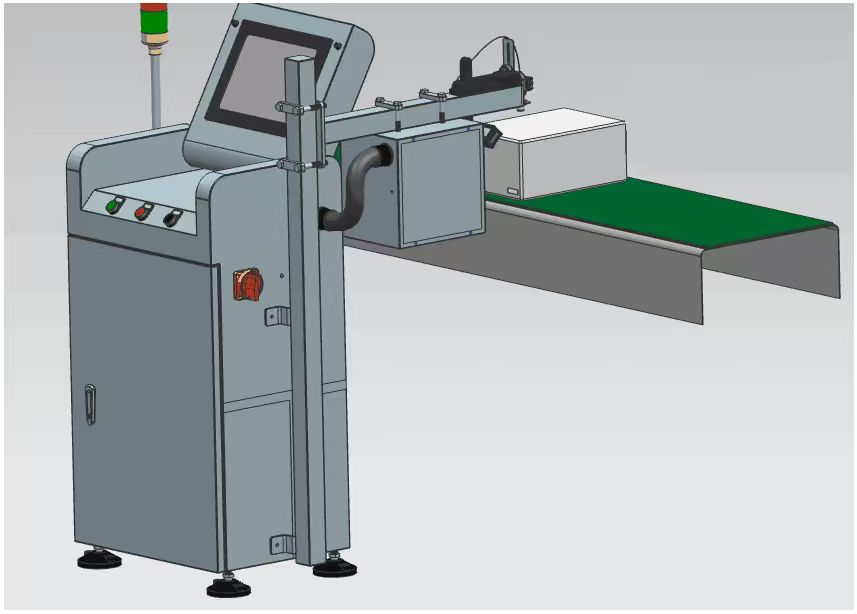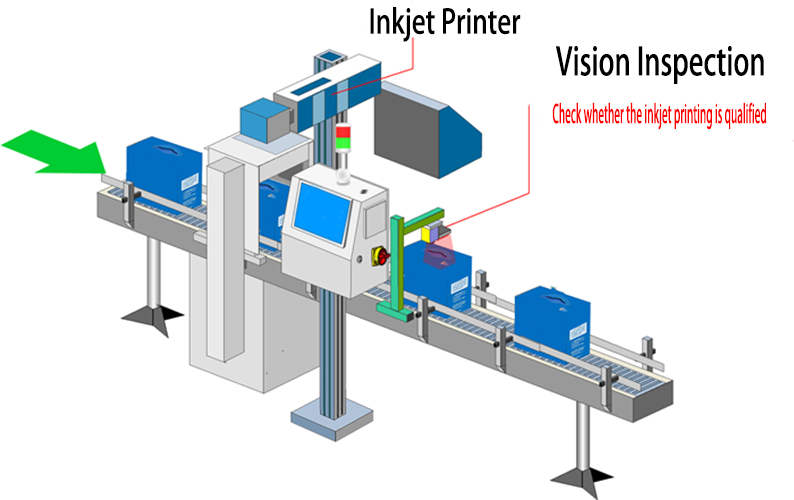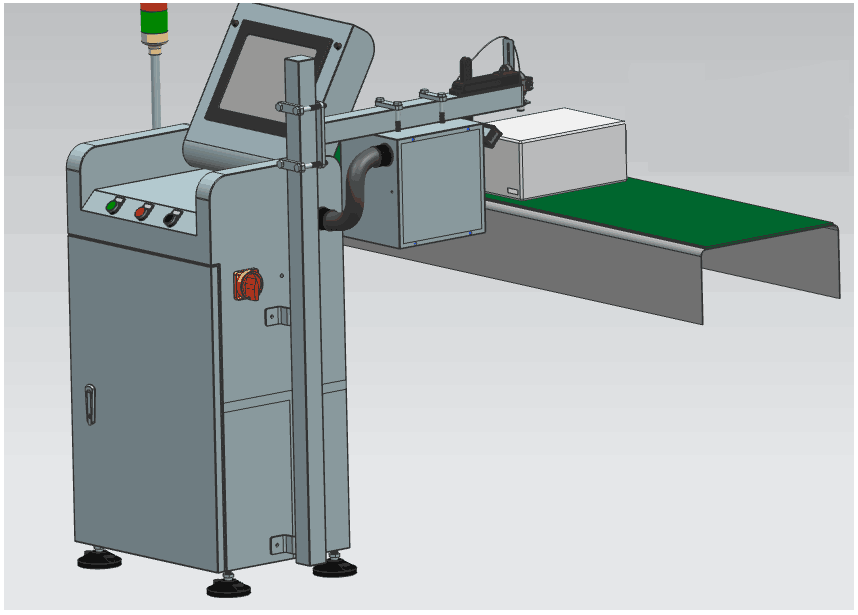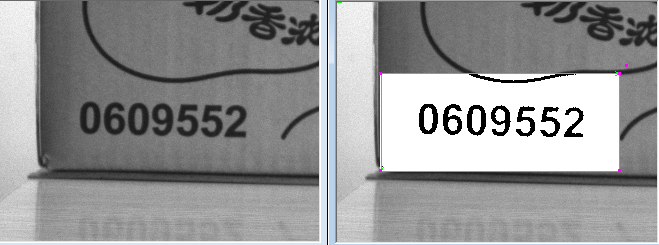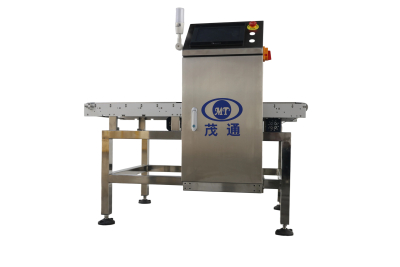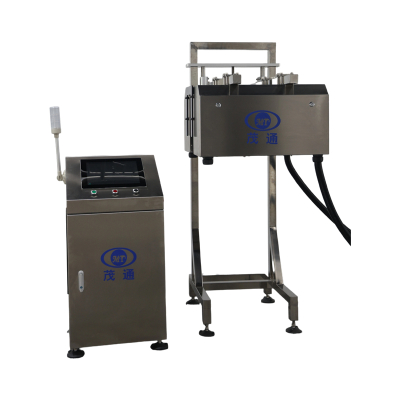Outer Box Coding Visual Inspection Machine
1.Non contact online Inspection, no damage to the product.
2.The Inspection speed is fast, reaching up to 100 boxes per minute at the fastest.
3.Equipped with Al self-learning function to ensure the reliabilty of Inspection
I. Equipment Overview
1. Application
This system is designed for real-time online inspection of coding quality on beverage carton production lines. It automatically identifies and rejects defective cartons to ensure consistent product quality.
2. Key Features
Non-contact inspection, ensuring products remain undamaged.
High detection capacity, handling up to 60 cartons per minute.
User-friendly HMI with multi-level access control.
Functions can be tailored to match actual production line requirements.
Automatic storage of defective carton images, with customizable retention periods.
24/7 remote technical support.
Continuous rejection function to prevent defective products from passing during line stoppages.
II. Detection Capabilities
The system can identify the following defects:
Missing inkjet codes.
Blurred or illegible characters caused by poor printing quality.
Incomplete characters (loss exceeding 30%).
Misaligned printing (outside the predefined range).
Distorted printing (curved, stretched, or shortened codes).
Incorrect information (e.g., wrong date, factory code, or security code).
III. Installation Requirements
Installation should be 1.5–2 meters downstream from the inkjet printer, on a straight conveyor section.
4. Detection principle
A Gigabit digital camera is used to take pictures from top to bottom/side to collect pictures of the carton coding. The pictures are digitally analyzed and the cartons with unqualified coding are automatically and accurately removed online.
When a box passes the positioning sensor, its arrival is detected and the control unit records the box identification number and the current encoder signal. The positioning sensor triggers a digital camera to capture an image of the current box's coding and transmits it to the image processor via the network. The image processor processes and analyzes the received image and transmits the results to the human-machine interface for dynamic display and to the control unit. Upon receiving the unqualified coding signal, the control unit notifies the rejector to remove any boxes with unqualified coding corresponding to the identification number online.
Sample image processing effect, the left is the original image, the right is the processed image
V. Equipment Configuration and Inspection Accuracy
(I) Equipment Specifications
Technical Parameters
Equipment Name: Carton Inkjet Print Inspection System
Model: MT-ZX-OCR
Production Capacity: Up to 60 cartons per minute
Inspection Target: Inkjet-printed coding on cartons
Rejection Mechanism: Automated rejection of defective cartons identified during inspection
Protection Rating: IP65
Main Applications
This system is widely applied in carton packaging lines for various product types. It inspects inkjet-printed codes across different carton colors and automatically removes defective products from the line.
Technical Advantages
Minimizes manpower requirements and lowers operational costs.
Enhances production efficiency and ensures stable product quality.
Inspection results fully comply with the manufacturer’s technical standards.
E.Detection accuracy:
serial number
| Inspection Items | Detection Conditions and Accuracy | Rejection rate
| False kick rate
|
1 | Inkjet Printing Inspection | -- | -- | < = 0.03% |
1.1 | No inkjet printing | -- | >99.99% | |
1.2 | Missing inkjet printing | Single character > 30% | >99.8% | |
1.3 | Fuzzy inkjet printing | Indecipherable characters to the human eye | >99.93% | |
1.4 | Incorrect inkjet printing | Incorrect production date, incorrect factory code, incorrect security code, deformation (elongation or shortening) | >99.99% | |
1.5 | Position deviation | Exceeding the expansion zone | >99.99% | |
1.6 | Duplicate inkjet printing | Multiple codes printed within the code area | >99.99% |
Note: The rejection rate of the test item "no coding" described in the table means that out of 10,000 bottles of unqualified products without coding, there may be 1 box that is not rejected after being tested by the equipment. This is only theoretical experimental data, and the same applies to other test items.

